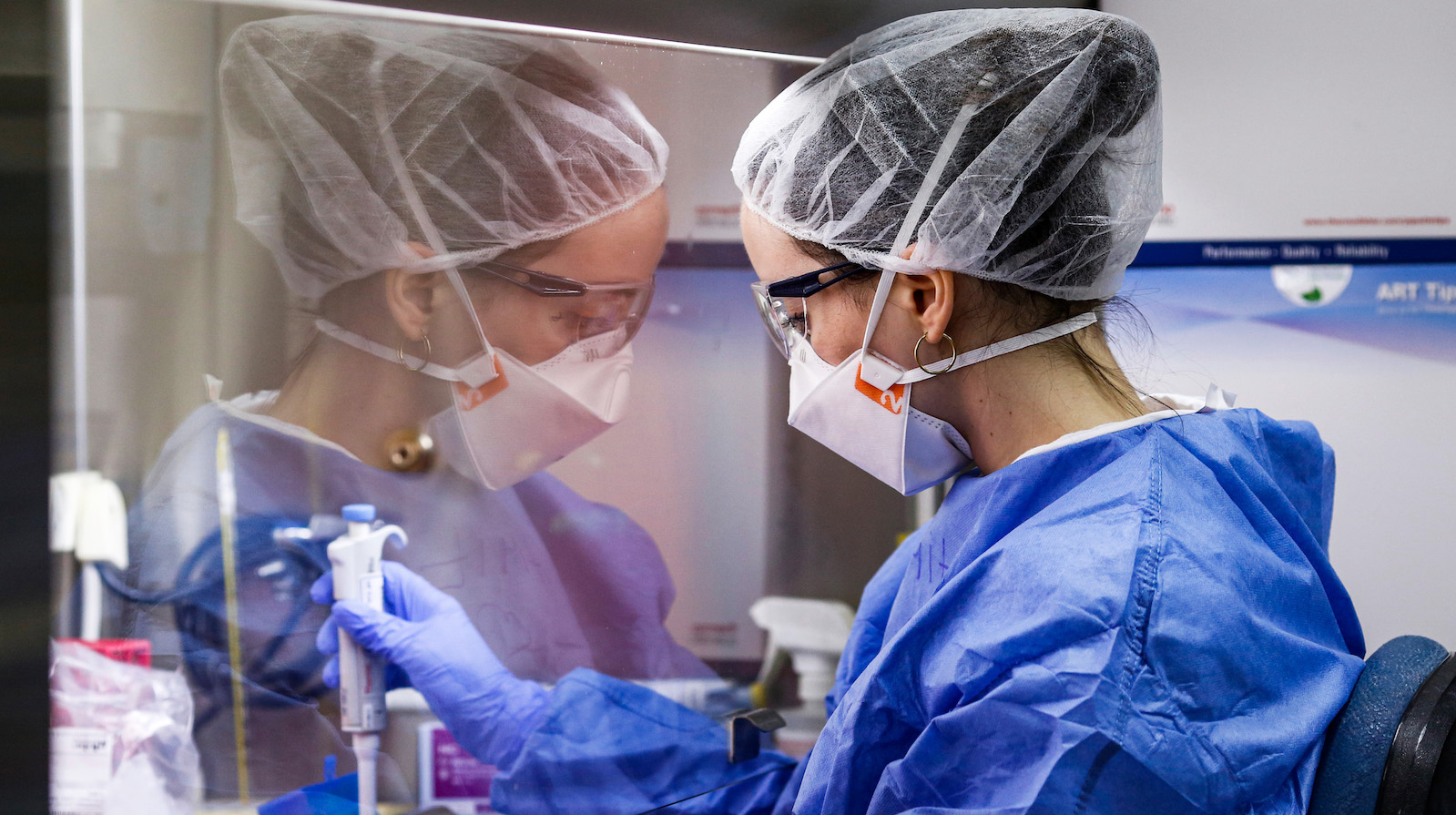They study the sewers to detect covid outbreaks-19 2:21
(CNN Spanish) - For years, scientists have studied wastewater to monitor different types of viruses and bacteria.
Now, laboratories around the world are studying and monitoring the progress of the new coronavirus to determine the amount of virus that humans release and thus be able to calculate not only how many people, approximately, are actually infected, but upcoming outbreaks of covid-19.
You can listen to this episode on Spotify or your favorite podcast platform or read the transcript below.
-
Hello, I am Dr. Elmer Huerta and this is your daily dose of information about covid-19, which we hope will be useful to take care of your health and that of your family. Today, we will talk about an interesting method in the fight against the coronavirus: the analysis of residual water from drains or sewers.
Incredible as it may seem, wastewater has been used for decades to find chemicals that indicate the behavior of the inhabitants of the city from which they come.
It was used, for example, to monitor the presence of drugs, illegal drugs, and in the field of infectious diseases, to examine the presence of polio viruses and to monitor vaccination campaigns against polio.
It was also used to monitor measles virus, norovirus, and antibiotic-resistant bacteria.
Now, several laboratories around the world are using this old technique to examine the presence of covid-19, with the idea of monitoring how the virus progresses, controlling it and predicting if it is returning.
The way to do this is to take samples in sewage treatment plants, and do the same molecular PCR tests as in people's airways.
The experiences in the Netherlands are interesting. In one case, they discovered the virus in the sewage at Amsterdam's Schiphol airport, just four days after the first case was discovered in that country. And in another, the finding was ahead of the discovery of the first case in the city of Amersfoort.
Knowing that some people infected with coronaviruses begin to shed the virus three days before they begin to show symptoms, researchers are in the process of calculating how much virus humans remove to find out what population the water comes from. residual that they are analyzing and determining the number of people who may be infected in that city.
In this regard, in a pilot study in the United States, researchers determined that 15,200 people were infected in the area from which the wastewater came, a higher number than the 4,334 infections that the authorities had recognized.
This data is very important, because as the patients seek help generally in the second week of the disease, the analysis of the residual water could be 7-10 days ahead of the presence of the virus in the community, which would help the authorities of the public health to take steps to contain a possible outbreak.
Obviously, scientists say this technology is limited by the availability of the test, as it is rare in many countries, even for patients.
Interestingly, an analysis of the wastewater from Milan, Italy showed that the virus had already been in the city a month before the first case was announced.
Similarly, in a publication it was reported that a particle of the new coronavirus was found in a sample of Barcelona wastewater, from March 2019. The report is being refuted by the international scientific community that is awaiting publication. revised. Many think that it would be a contamination of the sample in the laboratory.
Send me your questions on Twitter, we will try to answer them in our next episodes. You can find me at @DrHuerta.
If you think this podcast is useful, please help others find it by rating and reviewing it in your favorite podcast app. We'll be back tomorrow so be sure to subscribe to receive the latest episode on your account.
And for the most up-to-date information, you can always go to CNNEspanol.com. Thanks for your attention.
If you have any questions, you can send them to Dr. Elmer Huerta through Twitter. You can also go to CNNE.com/coronaviruspodcast for all the episodes of our podcast “Coronavirus: Reality vs. fiction".
coronaviruscovid-19

